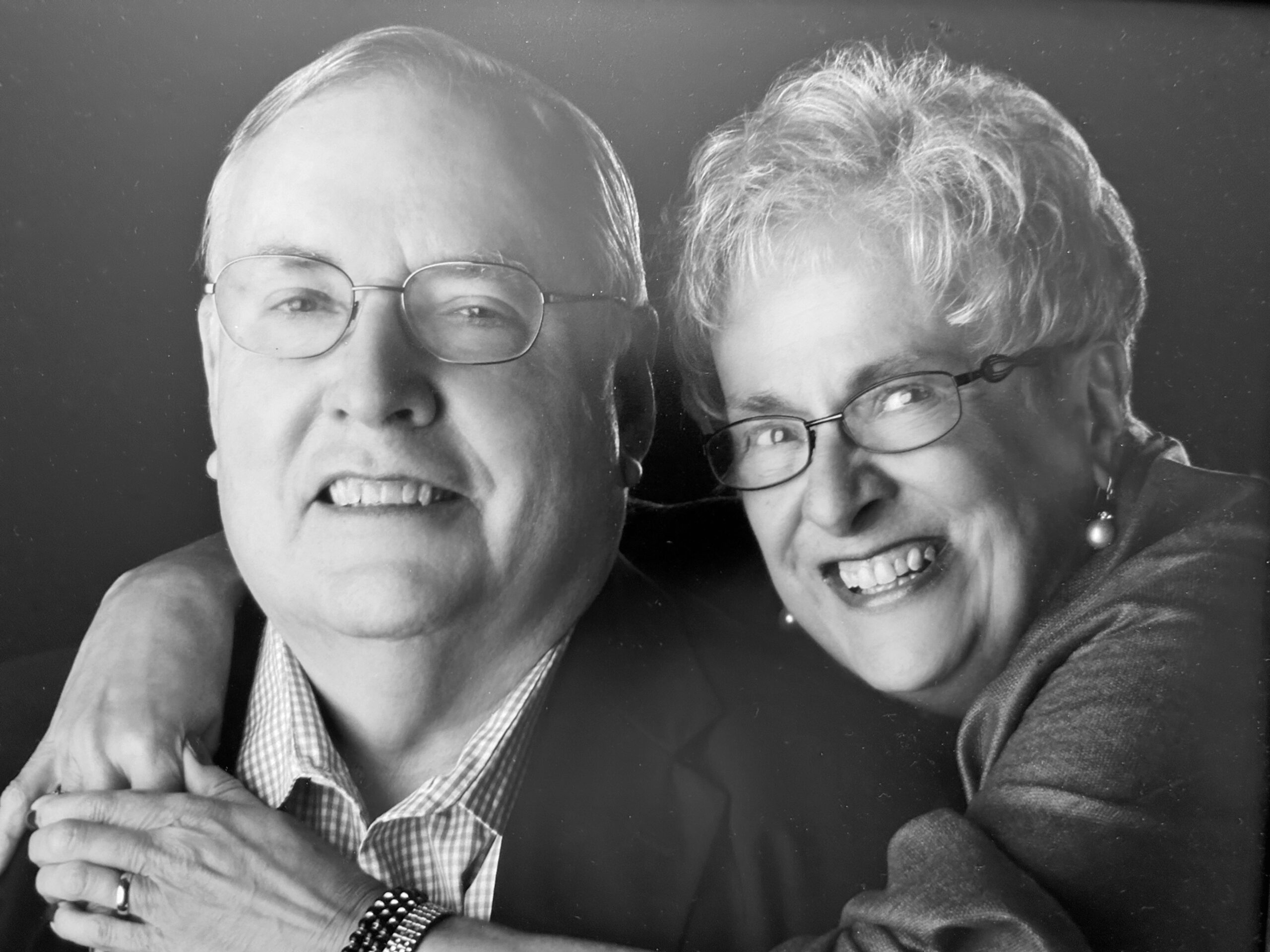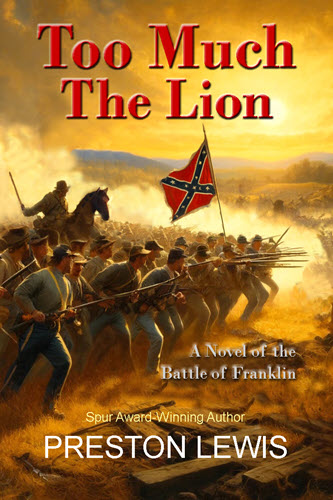One of the things I enjoy about history is getting to meet such interesting people. In researching Civil War journalism for a talk as part of Angelo State University’s Civil War Lecture Series this week, I first met Peter Wellington Alexander. I was drawn to him because modern historians have called him the Confederacy’s Ernie Pyle, one of my early writing influences.

Alexander wrote primarily for the ironically named Savannah Republican during the Civil War. A University of Georgia graduate with a degree in English, he became one of the most literate and respected of all Civil War reporters. He strove for the truth and was committed to improving the plight of the common soldier, thus earning him the Ernie Pyle sobriquet.
His newspaper dispatches stand the test of time, providing evocative detail of life and death on the battlefield and reflecting the ever changing fortunes of the Confederacy he covered. After the battle of First Bull Run, Alexander sent a telegram to his newspaper: “Glory to God in the highest!” he began, then dictated his story with the lead “A great battle has been fought and victory won!”
At Antietam after the bloodiest day in American history, Alexander wrote “There is a smell of death in the air, and the laboring surgeons are literally covered from head to foot with the blood of the sufferers.”
After Antietam he wrote of the soldiers’ dire straits, initiating a campaign of public contributions to assist the boys in gray. “The Army has not had a mouthful of bread for four days, and no food of any kind except a little green corn picked up in the roadside for 36 hours. Many of them also are barefooted. I have seen scores of them today marching over the flinty turnpike with torn and blistered feet. They bear these hardships without murmuring. … Men may fight with clubs, with bows, with stones, with their hands, but they cannot fight and march without shoes.”
He was so beloved by the soldiers that when he was rumored to be reassigned to his newspaper’s office, soldiers in one Georgia regiment volunteered to give a dollar a man out of their $13 a month pay to keep him at the front.
Alexander was at the Battle of Gettysburg, providing the best Southern account of the pivotal battle. Alexander is distinctive in that his initial reports of the Pennsylvania encounter questioned Gen. Lee’s decisions and tactics on both the second and third days of the battle. His were the first such printed criticisms of Lee, whose actions at Gettysburg are still debated to this day.
After the war, Alexander remained in journalism but devoted much of his free time to collecting Civil War papers and accounts for posterity. His correspondence and documents make up major resources at both Columbia University and the University of Arkansas. I am attracted to his story because of both his journalistic excellence and commitment to preserving history.

